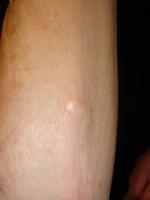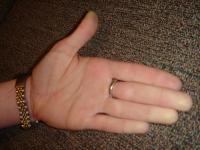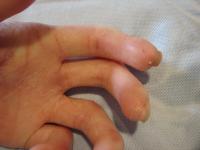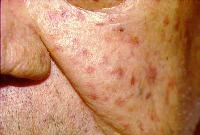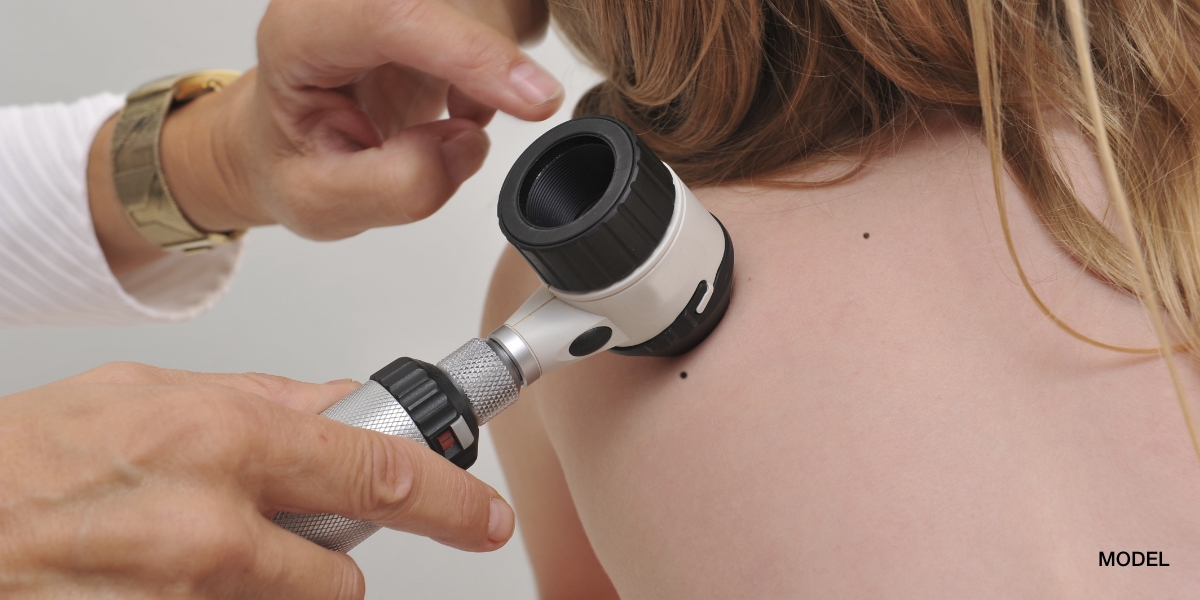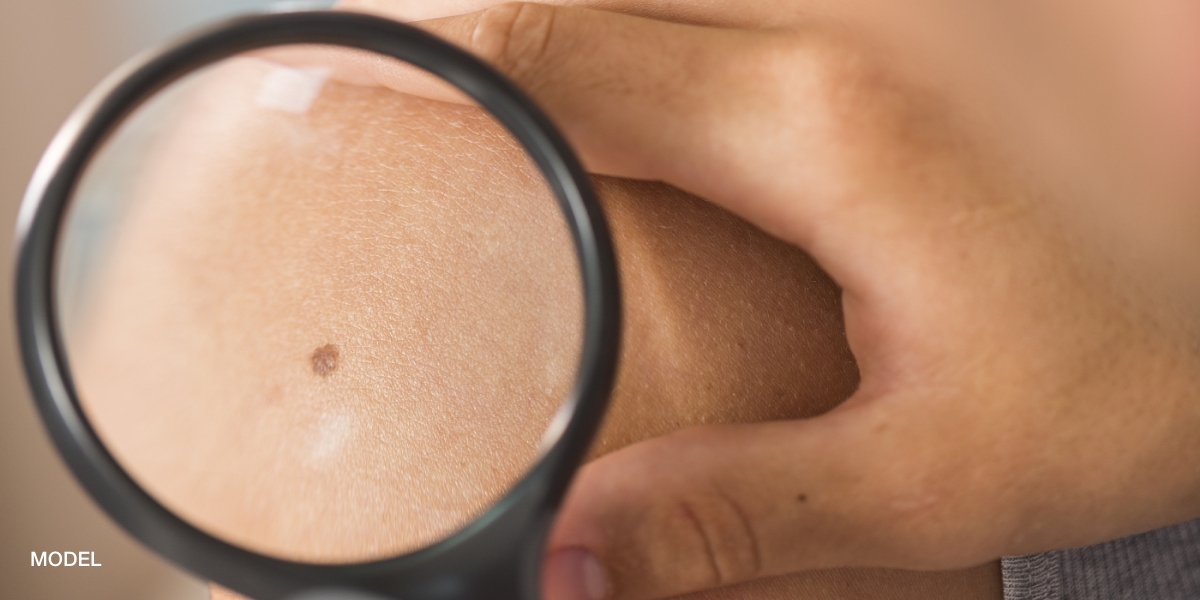CREST Syndrome is a type of scleroderma that presents with a constellation of symptoms delineated in the acronym CREST, which I occasionally encounter in my The Woodlands dermatology and Conroe dermatology offices. Although the pathogenesis is unclear, it is multifactorial involving increased collagen production, perivascular mononuclear cell infiltration, and vascular abnormalities. Laboratory testing usually reveals an anticentromere antibody in over 90% of patients with CREST. Women are more frequently affected than men. Calcinosis involves calcium deposition in the skin and can become painful especially when there is an inflammatory reaction to the calcium. The deposits appear as white papules under the skin. Raynaud’s Phenomenon occurs when the arteries supplying the fingers vasospasm resulting in decreased perfusion. The finger tips change colors from white to blue to red and can become very painful. In severe cases, necrosis can occur resulting in amputation of the digits. Esophageal dysmotility is the most common gastrointestinal abnormality in CREST and can present with difficulties swallowing. Sclerodactyly usually involves the thickening of the skin in the digits of the hands and feet but can ultimately progress to the face especially around the mouth. It undergoes three phases: edematous, indurated, and atrophic. Telangiectasias are very small blood vessels that can appear on the face, upper trunk, and hands. Although patients are frequently diagnosed with CREST in dermatology clinic, it is a rheumatologic disease that requires evaluation and management by a rheumatologist. Treatment is multifaceted but the addition of Nifedipine 10mg three times a day, a calcium channel blocker used for high blood pressure, can provide relief for many patients experiencing Raynaud’s Phenomenon.